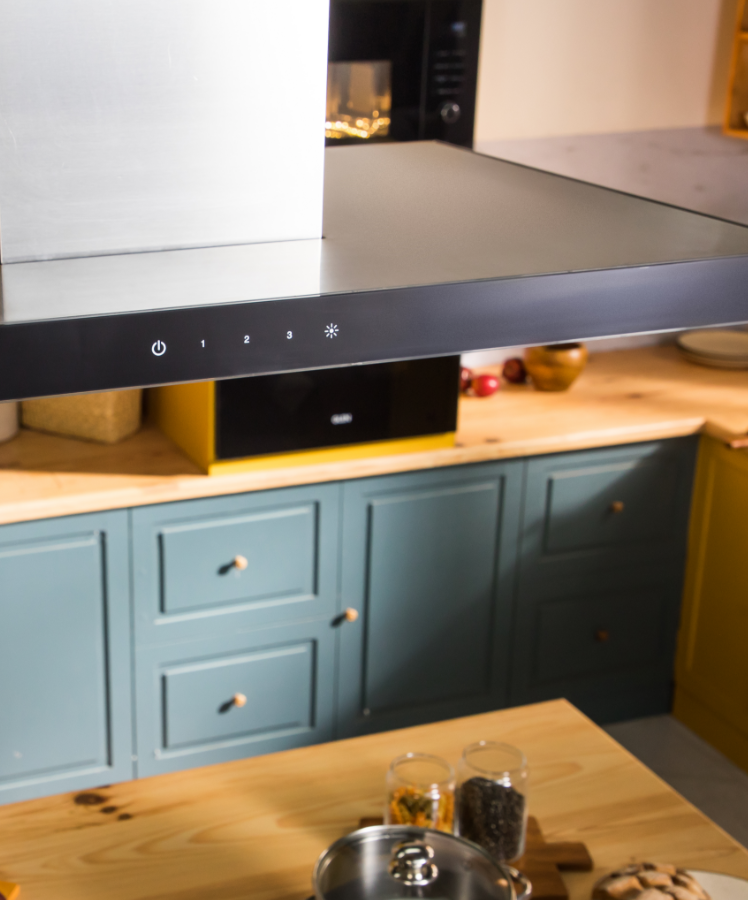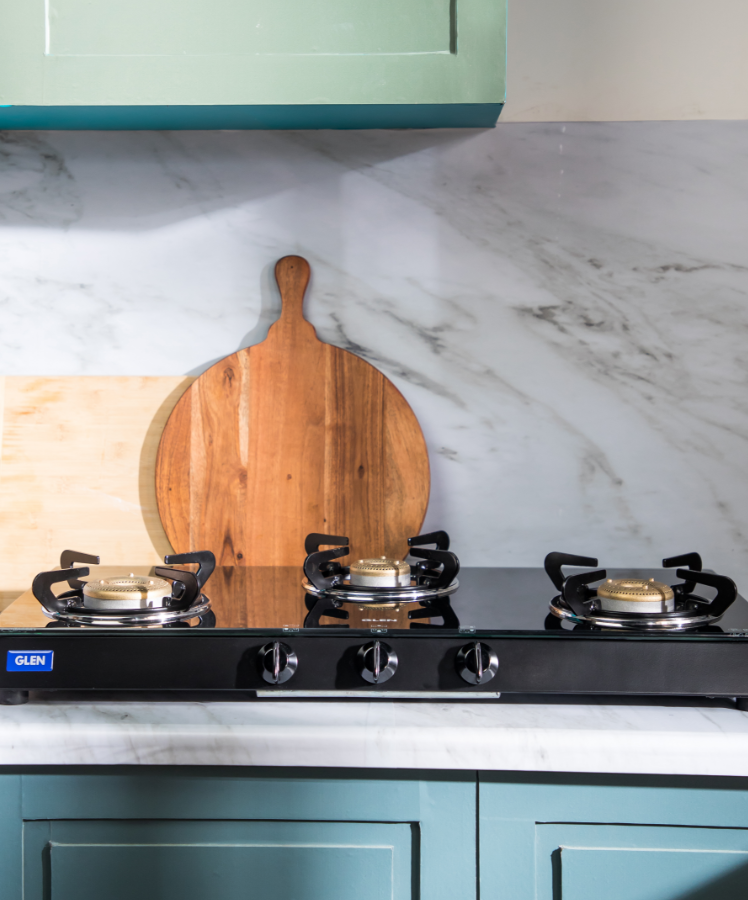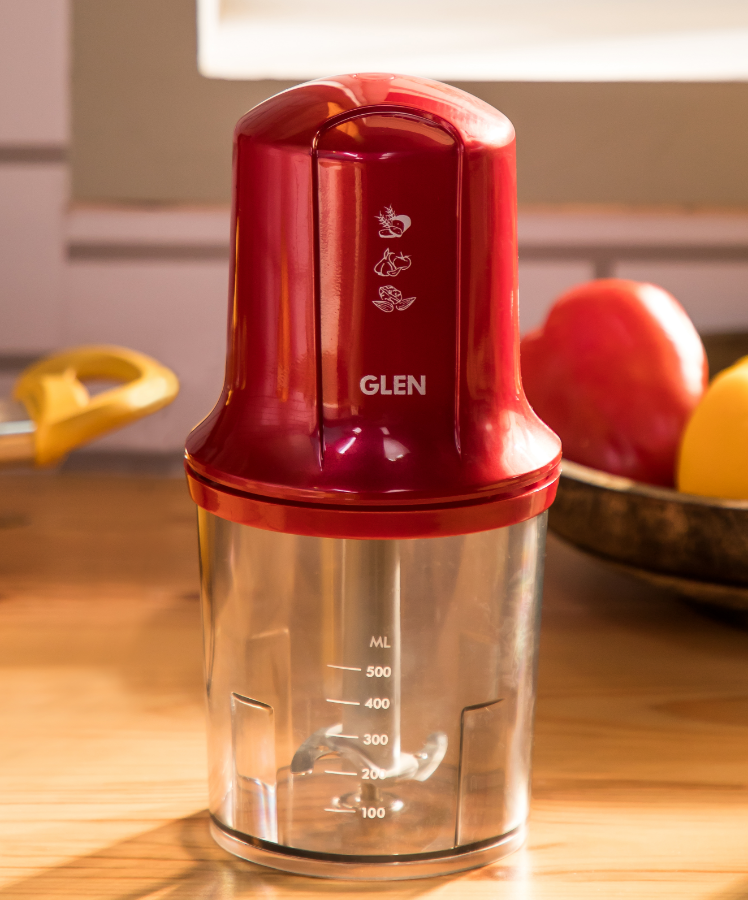Whosoever is making a new house or refurbishing the old has this question, as there is a lot of doubt around the efficacy of a chimney.
The reason behind this doubt customers have is the way the electric chimney was introduced in way back around 1993 in India.
Initial Problems
The kitchen chimney was a concept imported from Europe where the cooking uses very less of frying so the oil and fumes are quite low in these kitchens. The chimneys were imported from Europe primarily Italy and sold as it is without looking into the needs of an Indian kitchen where we use a lot of frying and cooking period is also more than two times than Europe. These chimneys had low suction and were installed with Carbon Filters for re-circulation of the air without the ducting. This resulted in further reduction of suction capacity so it couldn’t get rid of the smoke and grime. So customers who installed during that period on re-circulation mode came to the conclusion that chimney is only a decorative appliance and doesn’t perform the function effectively.
Problem solving Phase
Around 1999-2000 Glen Chimney was introduced and here the company realised the mistakes of earlier companies and introduced chimneys with higher suction, and made it a point of installing these chimneys only on exhaust mode with ducting. Although the installations were expensive and involved extra work but once the chimney installed it worked perfectly and made the kitchen smoke and grime free. This strategy started working and more and more satisfied customers started talking about it and there was a shift where people started to make place for the Electric Chimney while designing the kitchens. Most of the brands started installing chimneys on Exhaust mode with ducting and results were there for all to see.
With the issues of suction a history more and more brands brought higher suction chimneys like 1000 M3 / hrs & 1250 M3 /hrs in many designs and shapes. All this choice made the job of the customer more difficult as now he has to select from a wide range of models available and different technologies used by different brands. So although now the clarity was there that the chimney is required but the question change which one to buy?
How to select the right Kitchen Chimney
So now the dilemma shifted from du you really need a chimney to which Kitchen Hood to buy?
The parameters to be considered before buying a Kitchen Chimney are listed below:
- The size of the Cooktop or Hob being used in the Kitchen, so in case one is using a 60 CM or less size one can buy 60CM and in case its 70 CM or 90 CM then either a 75 CM or a 90 CM chimney can be consider to adequately cover the emanating smoke.
- The place kept for the Kitchen chimney while designing the kitchen, so if the space kept is 60 CM one can install 60 CM only.
- The size of the kitchen is also need to be looked into to select the suction power in case the size is bigger suction power chimney will be required.
- The length of ducting and number of bends also plays a crucial role as more the length and number of bends higher the suction power required. Ideal length is up to 10ft and 2 bends.
- Some other cosmetic feature in consideration can be , whether you need in Glass looks, with Push buttons or Touch Sensor control or chimneys with Heat and Gas Sensors.
- Last in the selection process is which brand chimney to be bought which need to be based on the quality of the product, sales after service network of the brand and how experienced and old the brand is in selling chimneys in India.
Once you have gone through the selection process then the best way is to call the brand and get the site visit done and select the model you want, get the chimney installed and enjoy the smoke free environment of your kitchen.
One thing is clear in case you have taken care of all the above points while selecting the chimney you will enjoy the benefits of the same for long times to come.
Glen Kitchen Chimney – Freedom from Smoke and grime!
To know more, you can reach out to us via Helpline 9717156666 or write to us via social media platforms.













Leave a comment